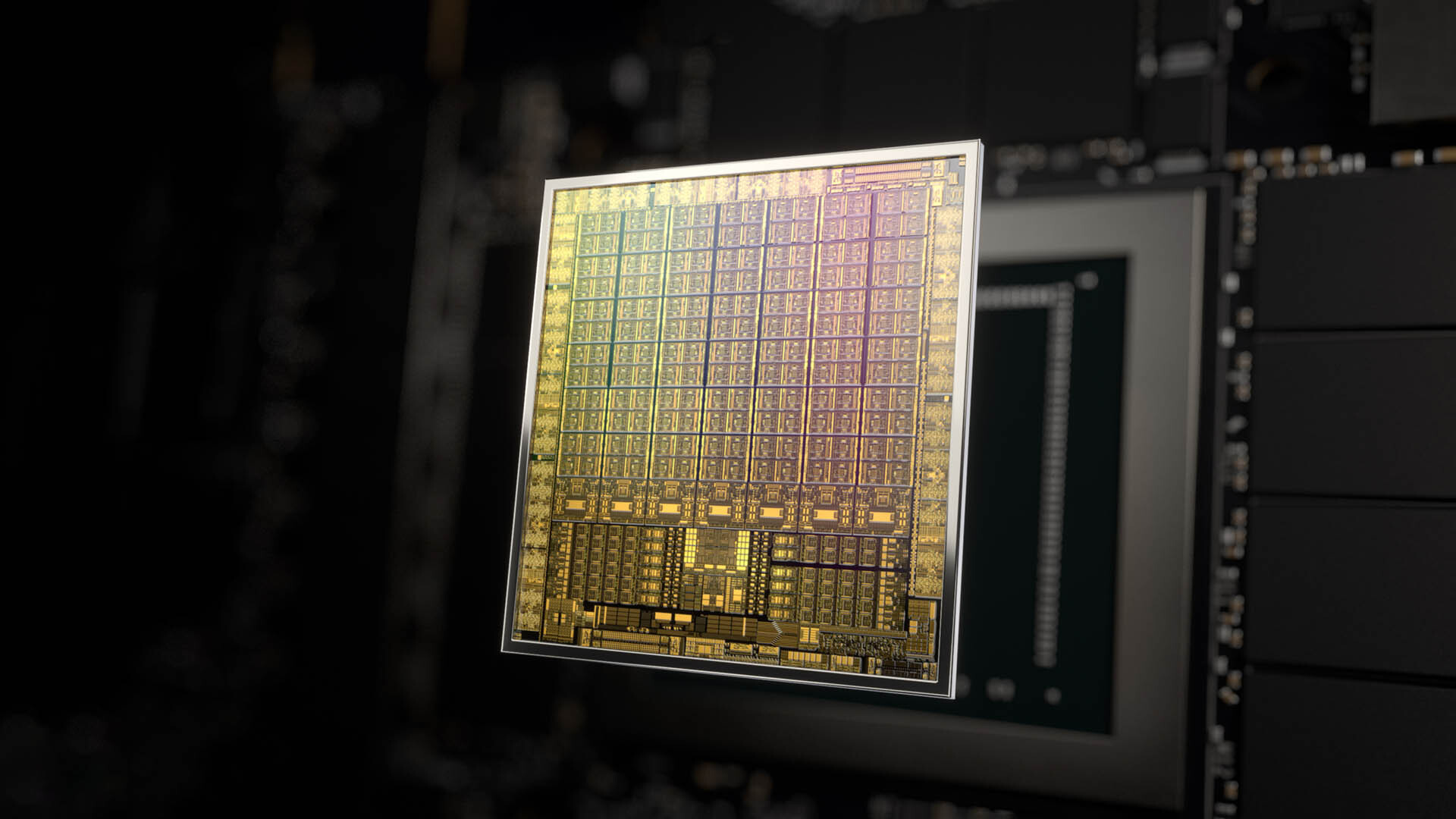Nvidia RTX 3060 rumours suggest 2080 performance for 2060 cash
A more affordable Ampere is on the way.

Hot on the heels of Nvidia's announcement of the GeForce RTX 3080, RTX 3090, and RTX 3070, rumours have started to surface about the possible configurations of the RTX 3060. The most interesting of these comes from @kopite7kimi, who was pretty accurate with some of the specifications of the other Ampere cards. So this is possibly worth paying a bit more attention to than some of the others.
SKU0 GA104-400 PG141/142 GDDR6X/6 8GB 3072=3070TiSKU10 GA104-300 GDDR6 2944=3070 https://t.co/p3mfchajfRJuly 7, 2020
According to the tweet, the RTX 3060 is going to use GA106 silicon and boast 4,864 CUDA cores. For Ampere each streaming multiprocessor (SM) is home to 128 CUDA cores, 1 RT core, and 4 Tensor cores, so it means you're looking at 38 SMs, 38 RT cores, and 152 Tensor cores. This is how the 3060 could potentially compare to the 3080 and 3070:
| Header Cell - Column 0 | RTX 3080 | RTX 3070 | RTX 3060 |
|---|---|---|---|
| CUDA cores | 8,704 | 5,888 | 4,864 |
| RT cores | 68 | 46 | 38 |
| Tensor cores | 272 | 184 | 152 |
| Texture Units | 272 | 184 | 152 |
| Base clock | 1,440MHz | 1,500MHz | ? |
| Boost clock | 1,710MHz | 1,730MHz | ? |
| Memory capacity | 10GB GDDR6X | 8GB GDDR6 | 8GB GDDR6 |
| Memory bus | 320-bit | 256-bit | 256-bit |
| ROPs | 88 | 64 | ? |
There are plenty of things that we still don't know at this stage, such as how fast the RTX 3060 is, how many ROPs it lays claim to, or how fast the memory bus is, other than it'll probably make use of 8GB of GDDR6 and use a 256-bit memory bus. Logically the RTX 3060 would use slower memory than the RTX 3070, but we're still waiting on some details of the RTX 3070, which isn't out until October, so there are still plenty of unknowns for further rumourmongering.
Even without the full specifications though, this still makes for a healthy improvement over its predecessor, the RTX 2060. That housed 1,920 CUDA cores. In fact if these numbers are right, the RTX 3060 has 2.5x the number of CUDA cores as the RTX 2060. The boost in RT cores isn't quite so pronounced though, going from 30 to 38. But these new cores are more capable, so hopefully we'll see a similar jump in ray tracing performance as promised with the other Ampere cards.
What does the RTX 3060 mean for gaming? Given that Nvidia is pitching the RTX 3070 as the perfect companion for 1440p gaming, the RTX 3080 for 4K, and the RTX 3090 for 8K, it makes sense that the RTX 3060 will be aimed at maxing out 1080p gaming. With real-time ray tracing enabled.
So, when could we see the RTX 3060? If we look to the previous generation for inspiration, the RTX 2060 was released in January 2019, which followed the original 2080 and 2080 Ti releases in September 2018. If we assume the same kind of timeframes, that means we could be looking at the RTX 3060 landing in the new year.
Pricing is a little trickier, because we've had a number of different SKUs of the RTX 2060—the original was priced at $349, but the updated RTX 2060 TU104 version was rolled out at $300. If we had to guess at this point, and given the specs, we'd probably say that the $349 price point was more likely.
Keep up to date with the most important stories and the best deals, as picked by the PC Gamer team.
But, depending on what AMD actually announces on October 28, it may release the card at a lower price point in response.
Alan has been writing about PC tech since before 3D graphics cards existed, and still vividly recalls having to fight with MS-DOS just to get games to load. He fondly remembers the killer combo of a Matrox Millenium and 3dfx Voodoo, and seeing Lara Croft in 3D for the first time. He's very glad hardware has advanced as much as it has though, and is particularly happy when putting the latest M.2 NVMe SSDs, AMD processors, and laptops through their paces. He has a long-lasting Magic: The Gathering obsession but limits this to MTG Arena these days.


